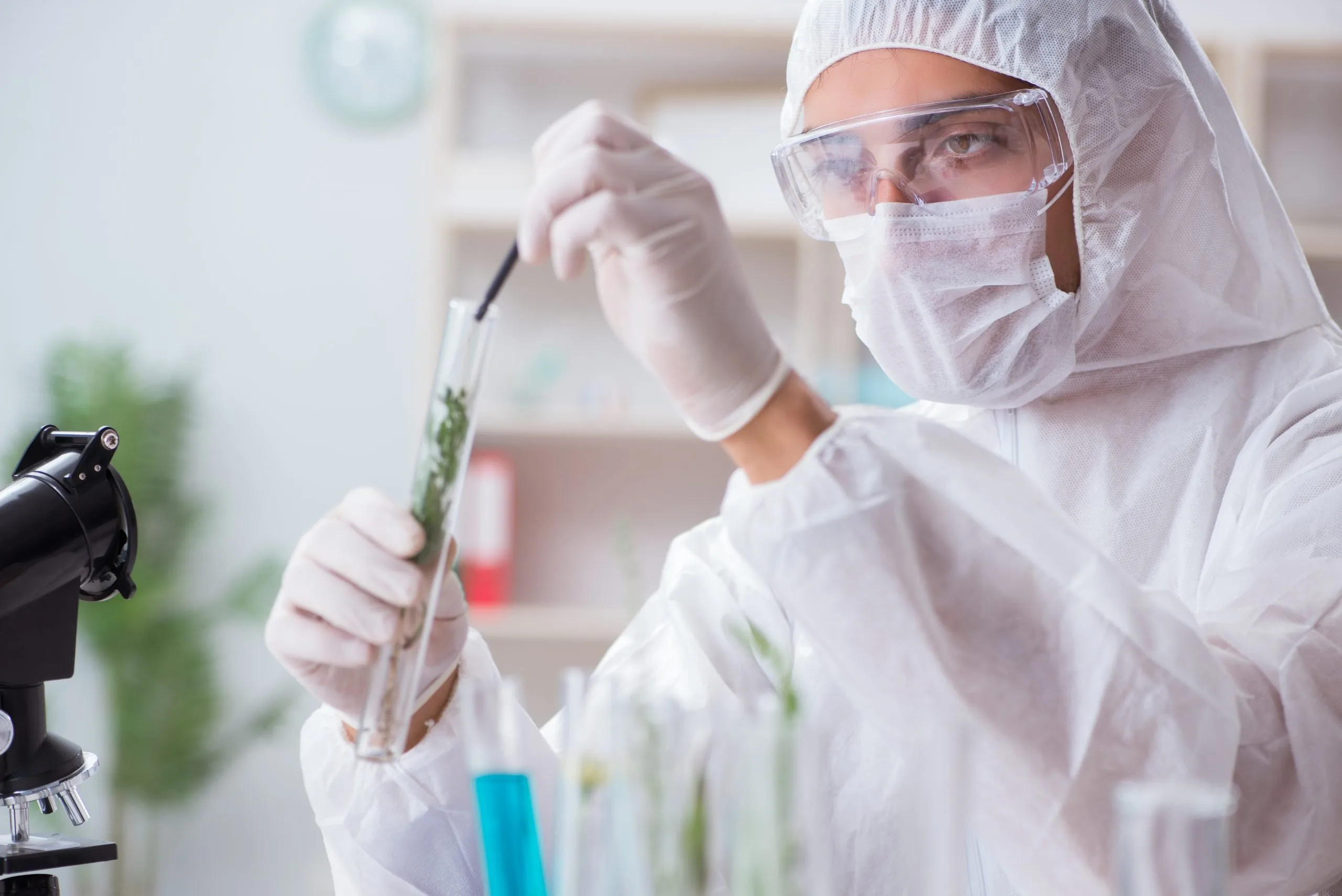The reality is that with aging comes changes, and that’s not always the best thing, especially when it comes to our brains. The brain experiences various changes as the years pass, but the most concerning is when the areas responsible for cognitive function shrink in size, affecting our memory, thinking, and emotions. With that, the answer to keeping our brains young forever and turning back the cognitive clock could be found in a certain green plant -cannabis.
Cannabis and Brain Aging
In 2017, a group of researchers led by Andras Bilkei-Gorzo found that low doses of cannabis may help to improve memory and learning capabilities in aging mice. As a result of the findings, the researchers wondered about the potential link between THC and cognition. Building on this information, Bilkei-Gorzo and his team focused on two groups of mice: young mice around four months old, and an older group around 18 months old. In each age group, some mice were given a daily low dose of THC across a period of 28 days.
Following this, the researchers then conducted various cognitive tests to assess the mice’s abilities and even examined their brains and other tissues, they also ran some experiments on the younger mice for comparison.
According to the findings, published in the journal ACS Pharmacology & Translation Science, not only did the older mice experience significant improvements in learning, memory, and cognitive flexibility, but their brains even began producing new synapses between neurons. This process is typically seen in young, developing brains. Older mice also experienced changes in metabolism, particularly in fat tissue, and these changes were similar to patterns associated with other anti-aging interventions like calorie restriction.
“We concluded that long-term THC treatment initially has a cognition-enhancing effect by increasing energy and synaptic protein production in the brain, followed by an anti-aging effect by decreasing mTOR activity and metabolic processes in the periphery,” – Andras Bilkei-Gorzo
Why does THC have anti-aging effects on the brain?
According to the researchers, THC triggered metabolic changes that resulted in a healthier and younger brain amongst the older mice. As mentioned, these changes were not seen in young mice. This suggests that THC’s effects on the brain are highly dependent on age.
For instance, previous research has found that cannabis use can impair cognitive function, yet other studies suggest that it does the opposite in older people. A 2020 review referenced a study that found that rats exposed to chronic doses of THC during adolescence experienced permanent deficits in working memory and learning during adulthood. This same effect was not observed when the THC was administered during late adolescence or adulthood. With that, the review concluded that cannabis use in old age can be “associated with improved brain health, in accordance with the known neuroprotective properties of several cannabinoids.”
So, why is it the case?
Well, it may have something to do with the endocannabinoid system. This is a system in the body that works to maintain homeostasis, which is the body’s way of keeping its internal environment stable and balanced in order to ensure optimum performance. With that, the endocannabinoid system helps to regulate a lot of the body’s important functions, such as appetite, inflammation, pain, cardiovascular health, and reproduction/fertility.
With many things that come with age, the endocannabinoid system is less active in the brain. Thus, the researchers believe that the THC treatment may trigger an anti-aging effect within the endocannabinoid system.
THC as cure for brain aging in humans?
Well, not so fast.
For one, the study was conducted in mice, so it’s unclear if the same effects would be seen in humans. Also, the researchers didn’t actually use whole cannabis, but rather pure THC. So, it’s unknown how safe this is on a long-term basis. Lastly, only male mice were used, which raises questions about potential sex differences.
As such, a lot more research is needed to better determine just how well cannabis, and THC, can help with brain aging. Meanwhile, there are other natural ways in which you can keep your brain as youthful as your spirit.
Want to know more?
Cannabis isn’t the only natural compound taking over the research world. Psychedelic mushrooms are all the rage these days. But what about the ones that don’t give you hallucinations or mystical experiences? Can something as simple as having a side of mushrooms with dinner protect our brains as we age? Research suggests that mushrooms can help to keep your brain healthy.
References
Bilkei-Gorzo, A., Schurmann, B., Schneider, M., Krämer, M., et al. (2024). Bidirectional Effect of Long-Term Δ 9 -Tetrahydrocannabinol Treatment on mTOR Activity and Metabolome. ACS Pharmacology & Translational Science. 10.1021/acsptsci.4c00002.
Bilkei-Gorzo, A., Albayram, O., Draffehn, A. et al. (2017). A chronic low dose of Δ9-tetrahydrocannabinol (THC) restores cognitive function in old mice. Nat Med 23, 782–787. https://doi.org/10.1038/nm.4311
Columbia University’s Mailman School of Public Health. (2021). Changes That Occur to the Aging Brain: What Happens When We Get Older. [online] Available at: https://www.publichealth.columbia.edu/news/changes-occur-aging-brain-what-happens-when-we-get-older.
Weinstein, G., & Sznitman, S. R. (2020). The implications of late-life cannabis use on brain health: A mapping review and implications for future research. Ageing Research Reviews, 59, 101041. https://doi.org/10.1016/j.arr.2020.101041
MAIN IMAGE CREDIT: Elnur/Shutterstock



![women [longevity live]](https://longevitylive.com/wp-content/uploads/2020/01/photo-of-women-walking-down-the-street-1116984-100x100.jpg)










